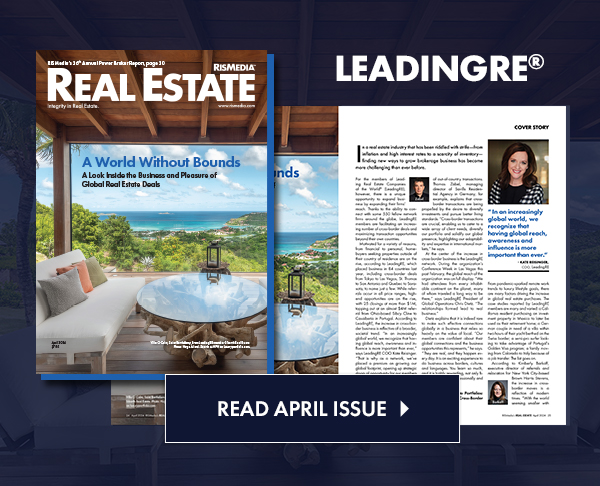A new report from LendingTree takes a look at how the fight for stable housing has been a long and winding road for LGBTQ+ individuals. In fact, housing discrimination protections weren’t extended to LGBTQ+ Americans until last year, some 54 years after the Fair Housing Act’s initial passing, the report notes.
In support of Pride Month, LendingTree researchers analyzed the states where same-sex couples make up the largest—and smallest—share of couple-occupied households. The data shows that on average, in the 10 states with the highest proportion of same-sex households, median home prices are $116,730 more expensive.
Key findings:
- Vermont, Massachusetts and New Mexico have the largest share of households occupied by same-sex couples relative to couple-occupied households. Across these states, an average of 2.072% of couple-occupied households are occupied by same-sex couples.
- South Dakota, North Dakota and Idaho have the smallest share of households occupied by same-sex couples relative to couple-occupied households. An average of 0.758% of households occupied by couples in these states are occupied by same-sex couples.
- Though median home values tend to be higher in states with larger shares of same-sex couple households, there are exceptions. For example, the median home value in New Mexico—the state with the third-highest share of same-sex couple households—is $175,700. That’s nearly $60,000 less than the median home value of $235,600 in Idaho, which is tied for the second-smallest share of same-sex couple households.
The takeaway:
“An analysis of Home Mortgage Disclosure Act (HMDA) data from the National Community Reinvestment Coalition indicates that borrowers in same-sex relationships are more likely to be denied mortgages than those in different-sex relationships,” said LendingTree’s Senior Economic Analyst and LGBTQ+ community member Jacob Channel. “This study and others like it highlight just how complex housing-related issues for members of the LGBTQ+ community can be, and how potentially earning more money doesn’t always mean that you’ll necessarily have an easier time navigating socio-economic hardships.”
To view the full report, click here.












